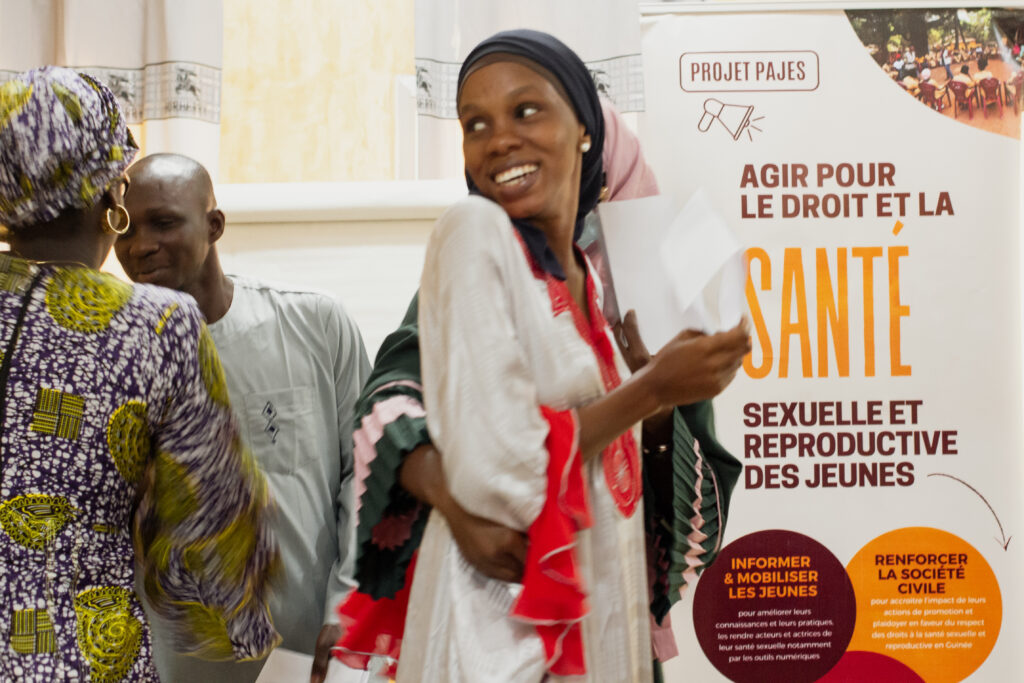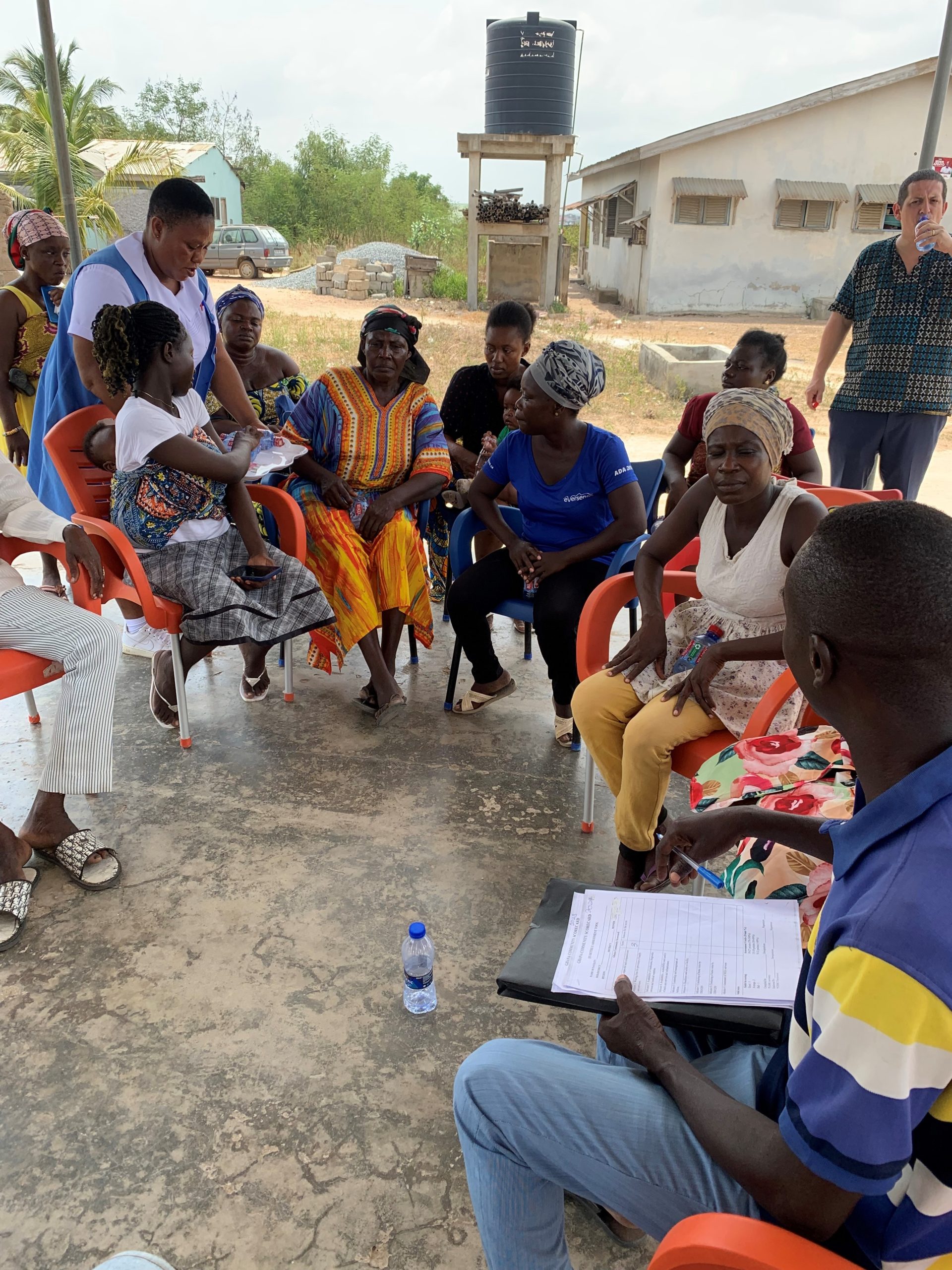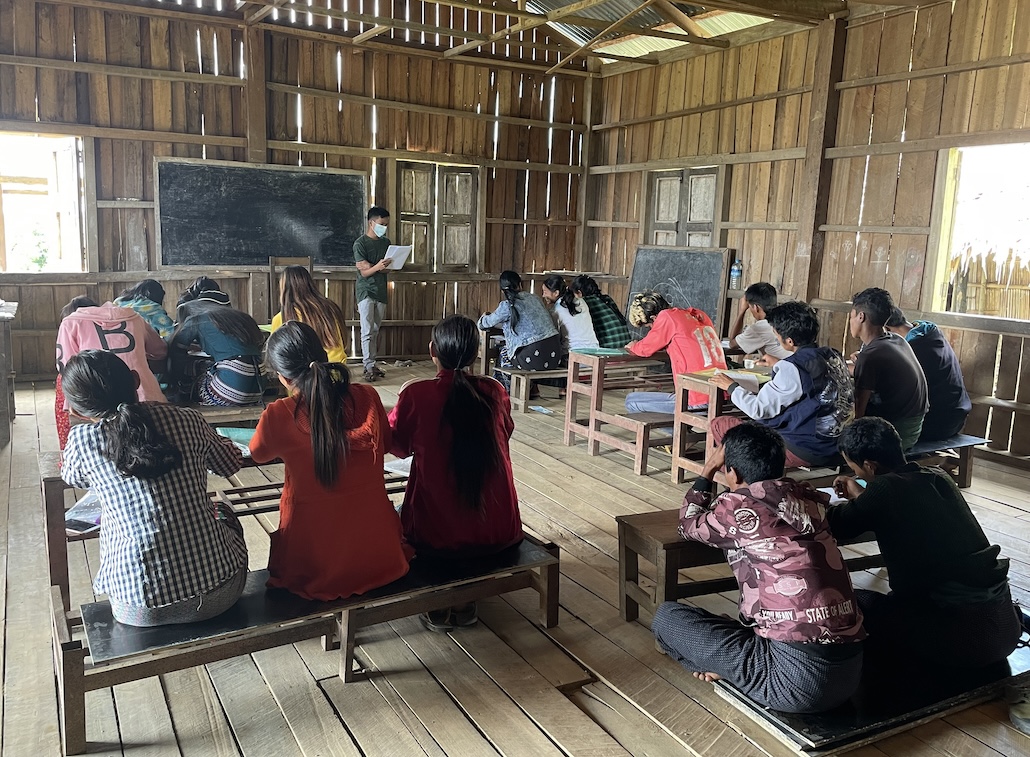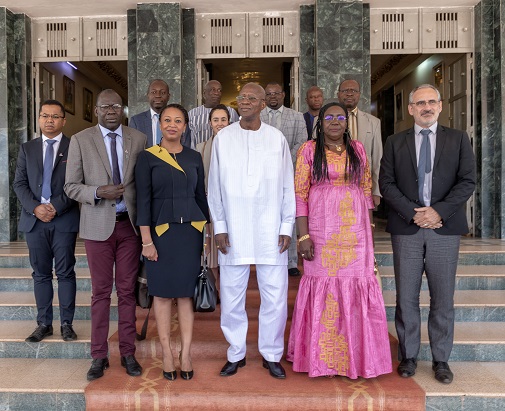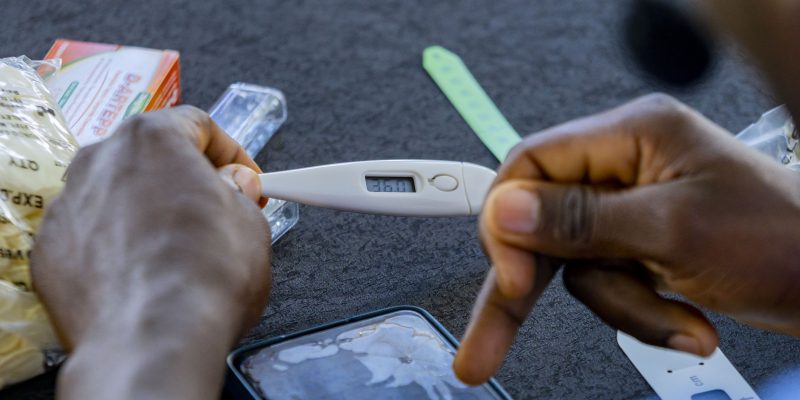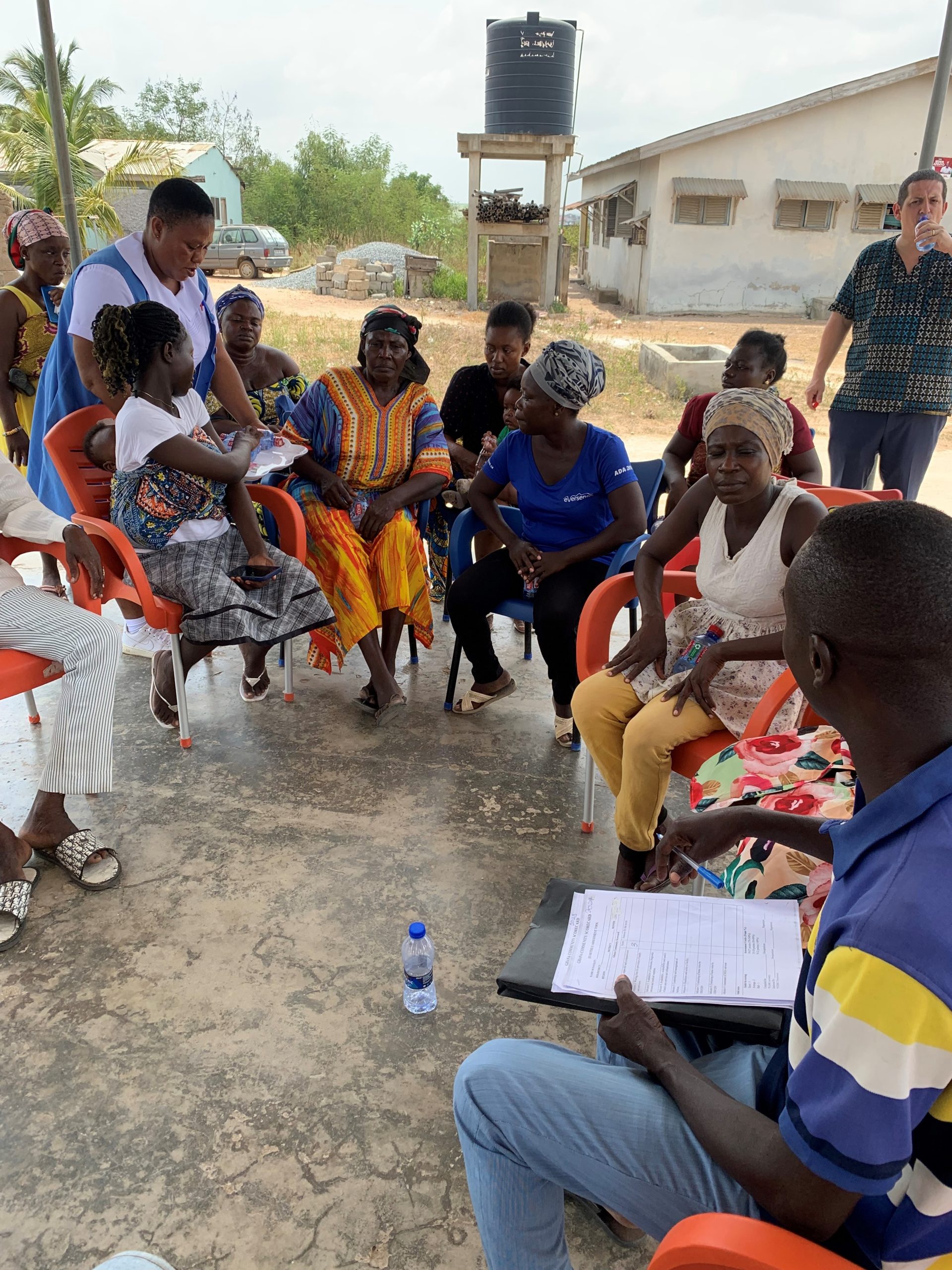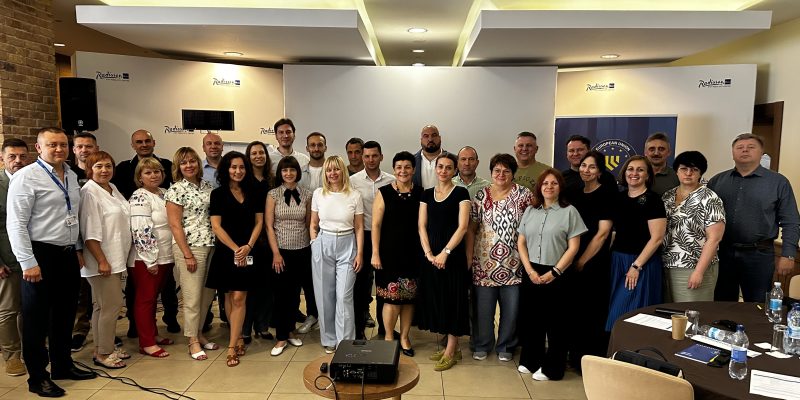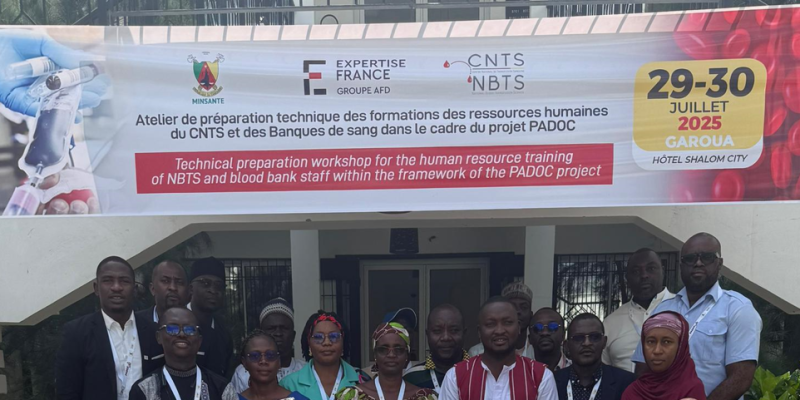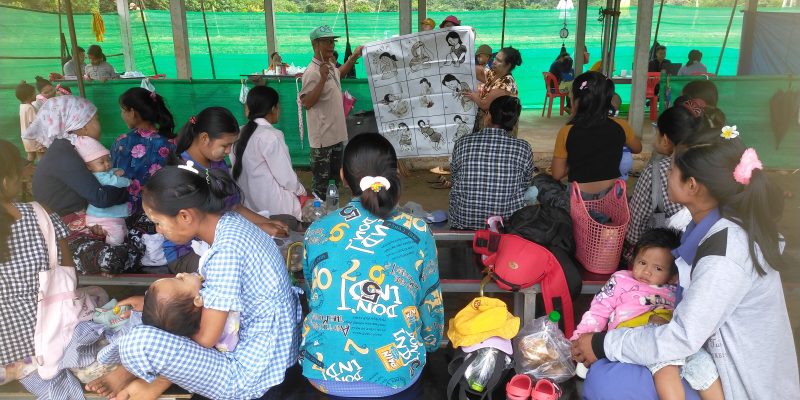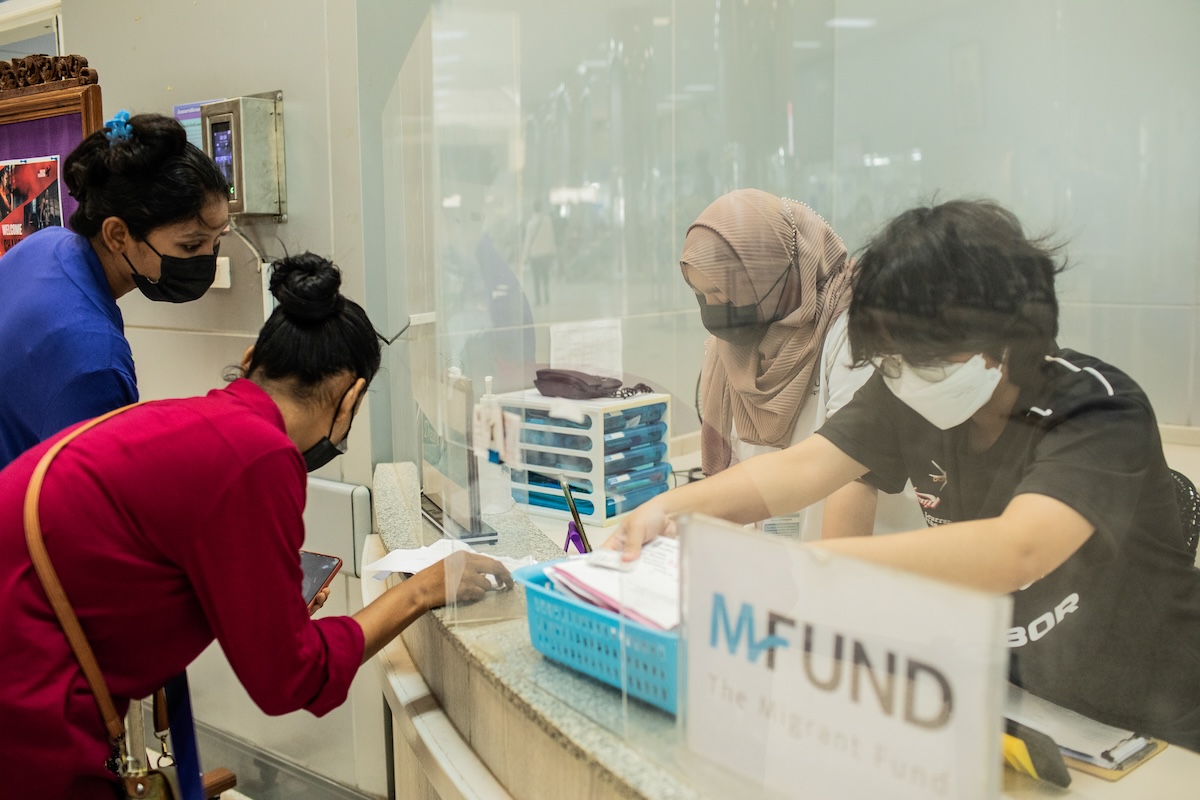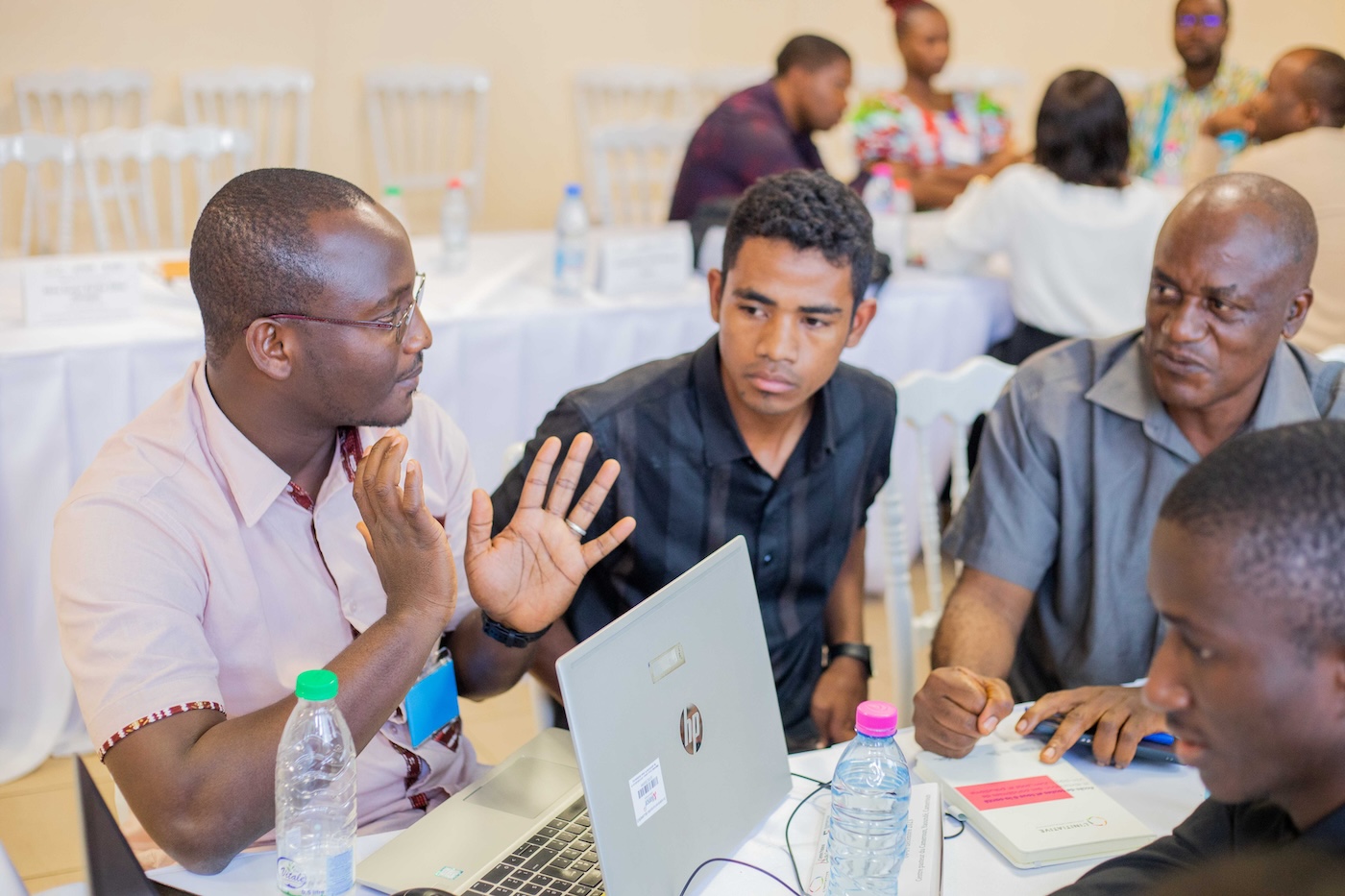This project aims to improve the sexual and reproductive rights (SRH) of young people in Guinea, with a special focus on girls.
Context
In the Republic of Guinea, HIV/AIDS prevalence is 1.4%, affecting approximately 120,000 people living with HIV (PLHIV). This prevalence is higher among women (2.1%) than men (1.2%) and is more pronounced in urban areas (2.7%) compared to rural areas (1.2%). Only 58% of PLHIV know their status, 51% of whom are on antiretroviral (ARV) treatment, and just 19% of those receiving ARVs have an undetectable viral load. Access to SRH services for young women remains limited due to barriers such as early marriage, low socio-economic status, low levels of education and literacy, and restricted access to healthcare. These factors significantly impact the lives of women and girls, hindering their rights to education, health, and work.
Description
The project seeks to enhance the promotion of Sexual and Reproductive Health and Rights (SRHR) in Guinea through a dual strategy: advocacy by and for young people and awareness-raising via digital channels popular among the target audience. The focus is on amplifying the voices of young women, addressing the diverse needs of this heterogeneous and vulnerable group.
To achieve its objectives, the project employs a cascading capacity-building approach tailored to the needs of stakeholders, emphasizing the individual empowerment of young people and the organizational empowerment of two Guinean networks. This change-oriented approach includes ongoing support.
Impact
Seventeen capacity-building sessions, both thematic (SRHR, gender-based violence [GBV], advocacy techniques, project management, monitoring and evaluation) and structural (procedures, financial management), have strengthened the skills of partner civil society organizations and ensured their operational sustainability. Over 9,000 adolescents and young people have participated in awareness-raising activities by the Coalition, and more than 37,000 individuals have accessed SRHR information through the Génération qui Ose platform, hosted by Ablogui. Two studies generating new data on GBV and unwanted pregnancies among young people have prompted institutional action.
